NEW SHARING! CMT4002 Web-media Production (Mr Sam Lam)
In every student lies the potential for compassion, yet the amount and quality of nurturing it receives remain beyond our control. However, we possess the power to cultivate this potential by incorporating “Service-Learning” into our classrooms, watering the seeds of compassion.
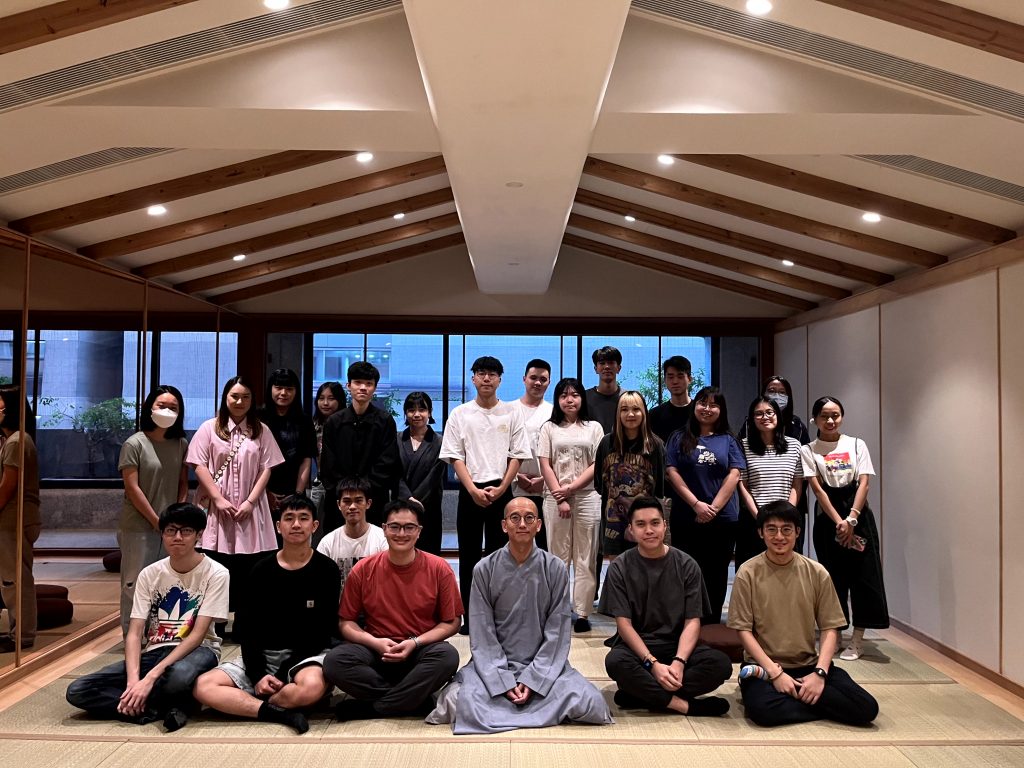
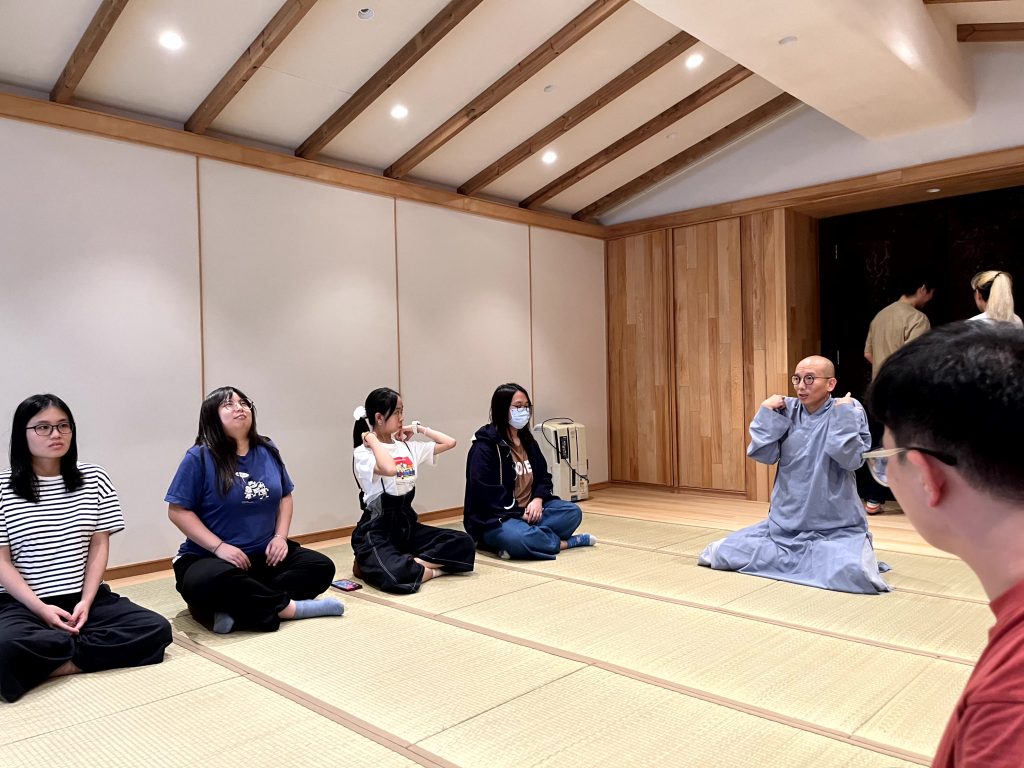
Recalling my most recent encounter with integrating Service Learning into my course, I initially questioned whether the students would truly engage in meaningful reflection afterward. However, as they opened up and shared their learning experiences with me, I realized that my efforts had indeed set them on the path of growth.
Now, the pressing question arises: How can we accurately and systematically gauge the transformative power and far-reaching impact of Service-Learning?
NEW SHARING! FIN1001 Personal Finance and the Society (Ms Rosalie Woo)
My class (FIN1001) incorporates Service-Learning pedagogy into the teaching and learning process by engaging students in community service activities, such as delivering financial literacy workshops at an elderly center. By integrating service learning, we aim to achieve academic goals and objectives while providing students with valuable benefits.
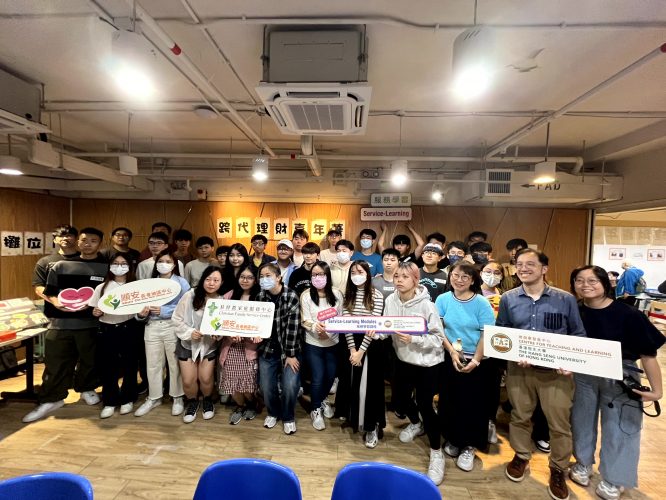
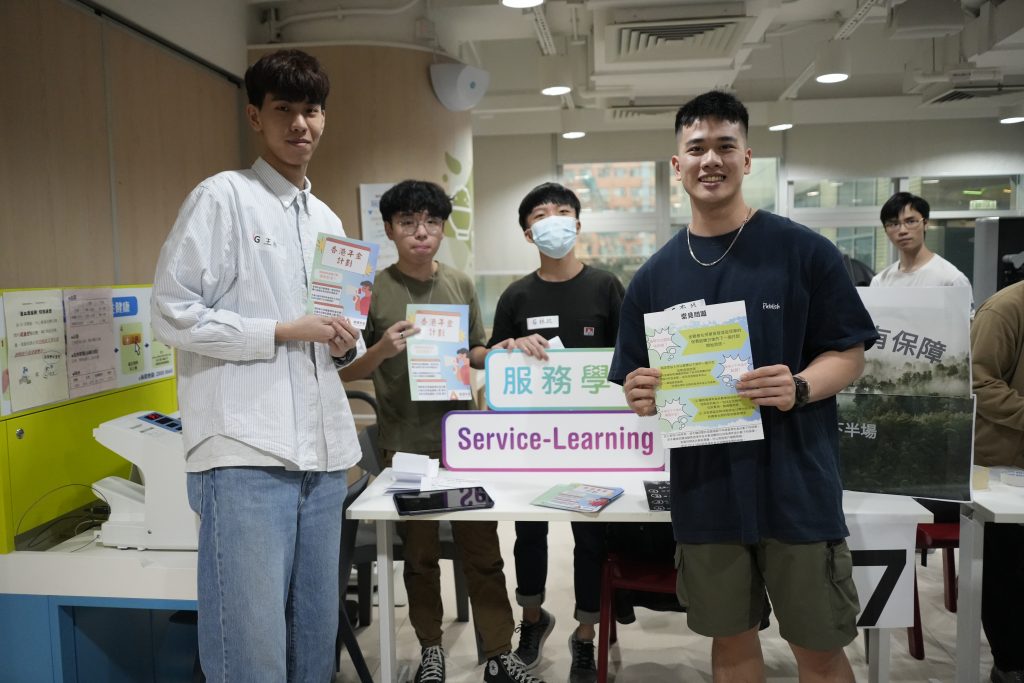
These benefits include enhanced learning through hands-on experience, allowing students to understand the practical application of concepts learned in the classroom, like investment tools for retirement planning. Moreover, service learning fosters the development of critical thinking, problem-solving, and teamwork skills.
Additionally, Service-Learning promotes personal growth as students have the opportunity to learn about themselves and their values through interactions with the elderly. This approach cultivates empathy, compassion, and a deeper understanding of one’s own strengths and weaknesses, benefiting both the students and the elderly participants in the workshops.
ASI1002 Individual and Society (Ms Maggie Wong)
Implementing the service-learning pedagogy in the Sociology course was very rewarding to my students and the Pakistani pupils my students served. The most valuable was having a chance to know the local ethnic minority as an authentic individual though face-to-face interaction, after that the students would reflect their experience to their perception constructed by many other socialisation agents.
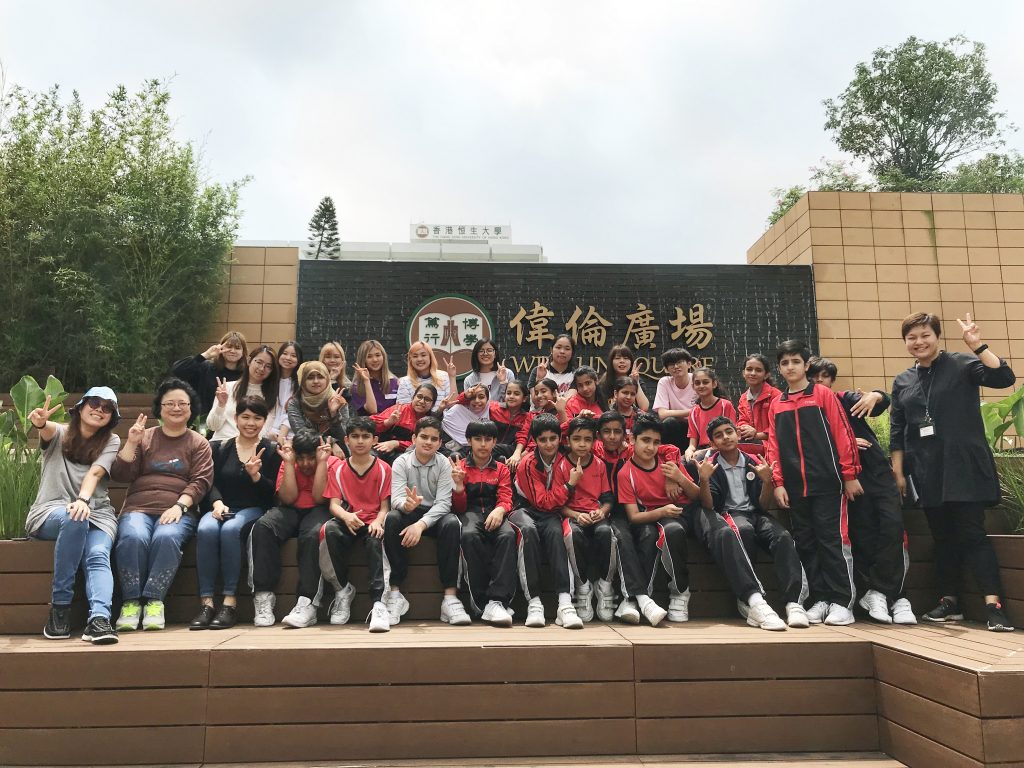
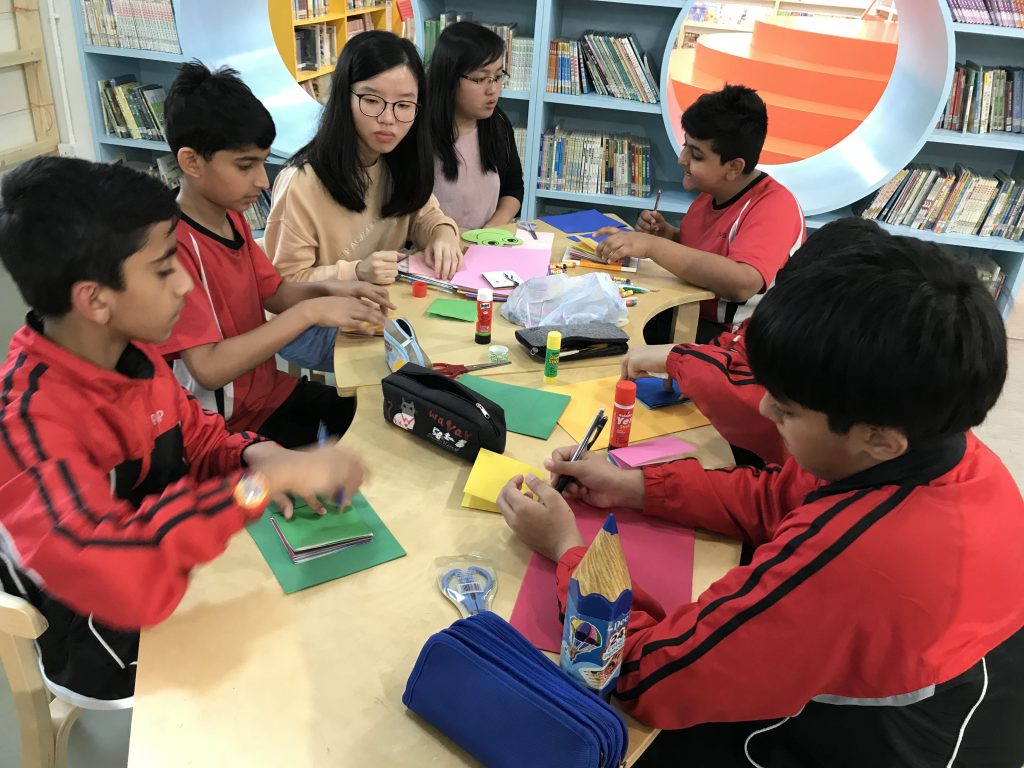
Apart from the knowledge in head, my students exhibited a stronger sense of affection and empathy to the local ethnic minorities. Being a member of the ethnic majority, this embracing attitude would definitely contribute to social inclusion and justice.
ENG3010 Advanced English (Dr Holly Chung)
Running an English-language module with a strong service-learning component might have been a ‘how’, with an excessively but unnecessarily huge question mark attached, to most (even to myself before). But now it was turned into a ‘what’, followed by a series of sincere questions like ‘when’, ‘where’ and ‘who’.
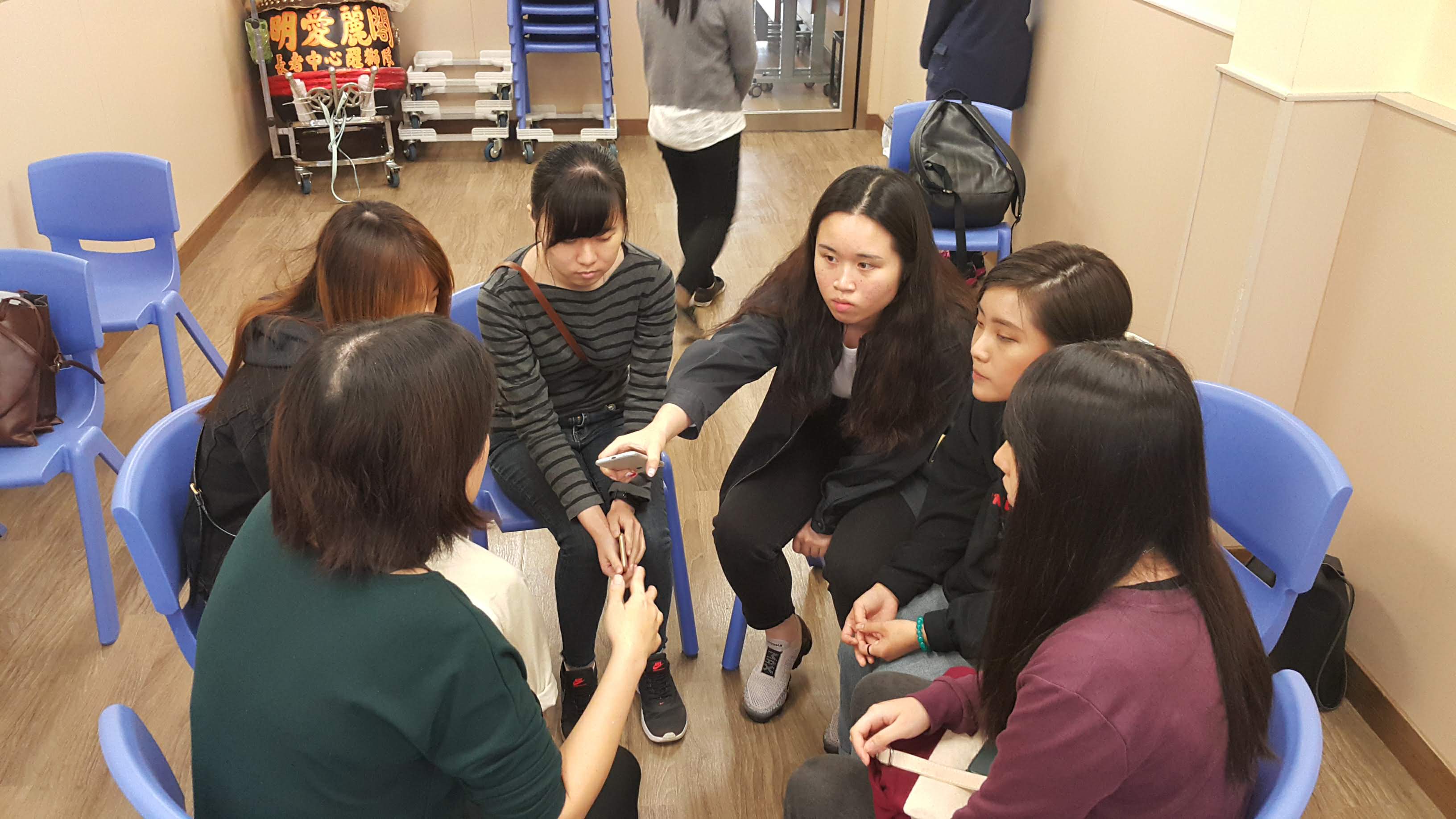
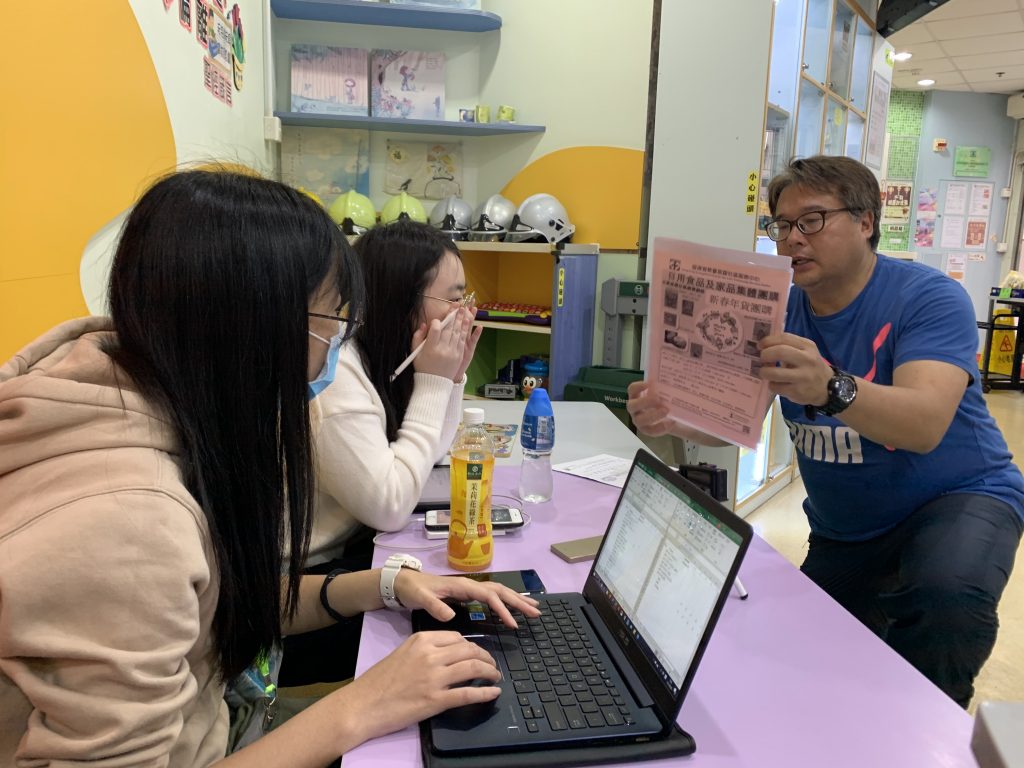
In the academic year 2019-2020, around 60 senior undergraduates worked their magic together to turn ENG3030 Advanced English into a generous give-back to society, by offering their Sales/Marketing/Advertising-English expertise to a range of NGOs and establishments committed to promoting the United Nation’s Sustainability Development Goals (SDGs).